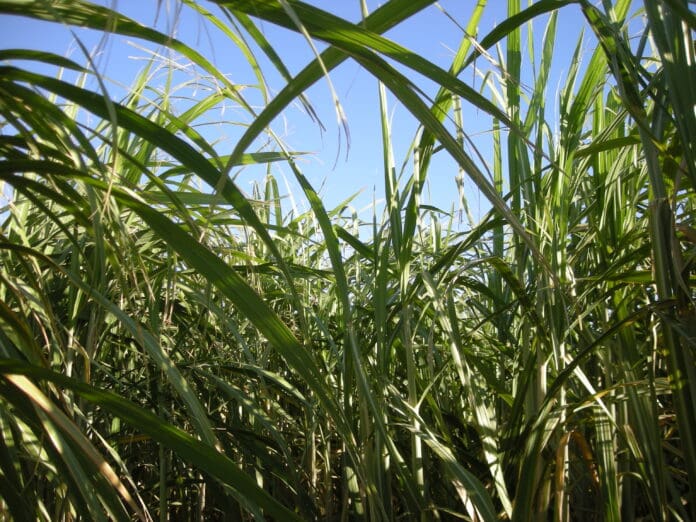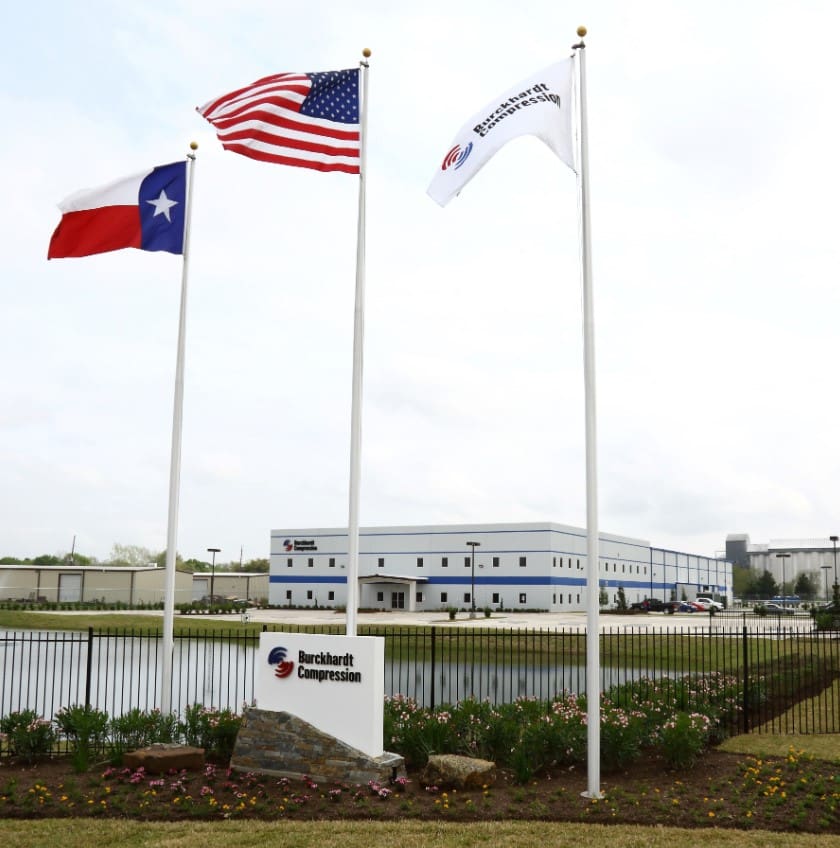Sugar Valley Energy (SVE), a low-carbon sugarcane-to-ethanol and power facility, has secured letters of intent with local Imperial Valley farmers to grow 12,000 acres (4856 ha) of sugarcane to support its initial feedstock production schedule. The project is supported by California Ethanol + Power (CE+P). “Local farmers who were interested in a profitable and stable long-term crop represented the driving force behind the SVE project,” said Dave Rubenstein, president and chief executive officer (CEO) of CE+P. “The interest continues to be as strong in 2023 as it was in 2013 when the project was first envisioned, if not more so. We are pleased to see the overwhelming local support for an economically viable crop processed in our community for the benefit of the region’s economy and our country’s energy security.”
The sugarcane plantings will take place in phases, corresponding with the timing of construction of the facility, which will encompass an advanced bioethanol refinery producing as much as 75 million gallons (284 million liters) annually, and a power island that will produce 43 MW of bioelectricity, as well as pipeline-grade biogas. According to CE+P, the SVE Essential Ethanol will represent the lowest-carbon pathway of any commercial biofuel produced in California.
Based on the plant’s annual cycle for planting and harvest, commitments for another 38,000 acres (15,378 ha) of sugarcane will be secured to support the facility completion and commencement of operation in 2026, according to Rubenstein. Financing for the 160-acre (65-ha) facility and the agricultural operations is expected to be secured in 2023.
The SVE growing effort is expected to support an estimated 2000 agricultural jobs, along with approximately 200 on-site employees who will run the energy campus. The three-year construction of the project will support thousands of additional construction jobs, local economic activity, as well as city and county revenue (see “Sugarcane Takes Root In California’s Clean Energy Transformation,” Q1 2021 ESG Review, p. 8).
“The agricultural community has remained in strong support of SVE and will benefit greatly from a profitable and stable crop,” said Andrew Colace, president of AMC Farms, one of the growers who pledged to contract with the project. “We have analyzed the sugarcane production plans and are ready to help meet the needs of the project’s delivery schedule.”

Rubenstein noted that test crops of sugarcane are already thriving in the region. These crops have been grown for more than a decade and recently were planted and managed by Stephen Benson with Benson Farms to test varieties for their energy output and validate assumptions on required fertilizers and water for optimum growth. SVE also has contracted with UK-based Booker Tate Ltd., a global agribusiness consultant and sugar and sugarcane refining authority, that will provide overall agronomic guidance to the farmers under contract for the project.
With approximately 500,000 acres (202,343 ha) of Imperial County farmland in active production and given the importance of agriculture and water to the region’s economy, growers are working actively with the region’s public water agency, the Imperial Irrigation District (IID), to secure water supply into the future. Given recent drought conditions on the Colorado River, growers such as Colace were encouraged by the recent May 2023 agreement between the Colorado River lower basin states that provides a roadmap for conservation and better clarity and confidence regarding a sustained supply. Crops such as SVE sugarcane will need to incorporate a range of established best practices to encourage maximum production and responsible water use.
















